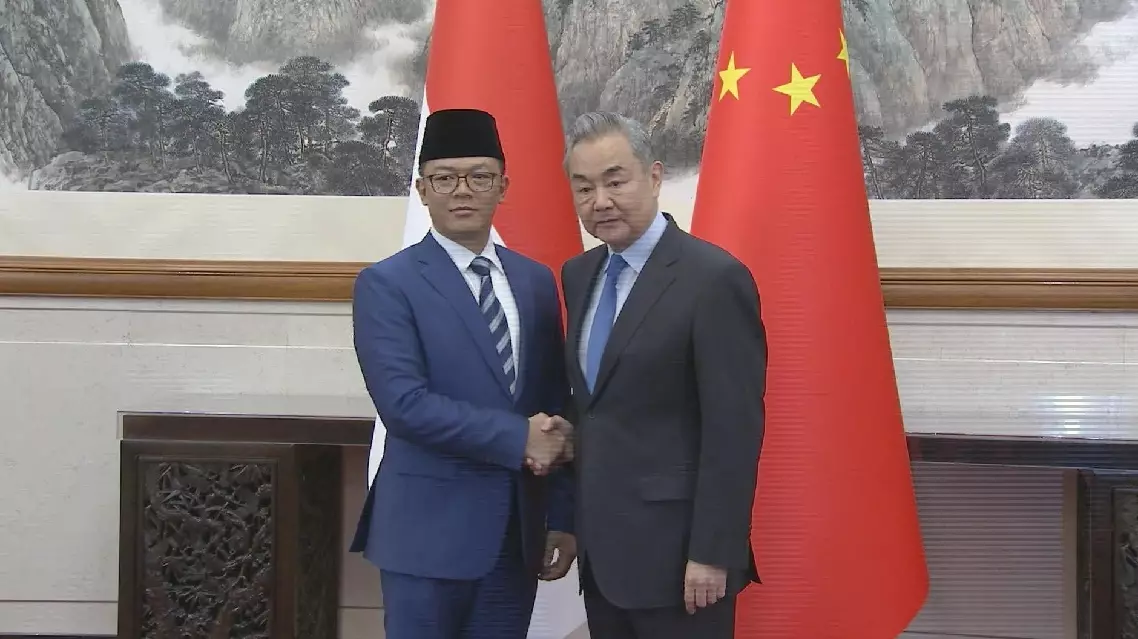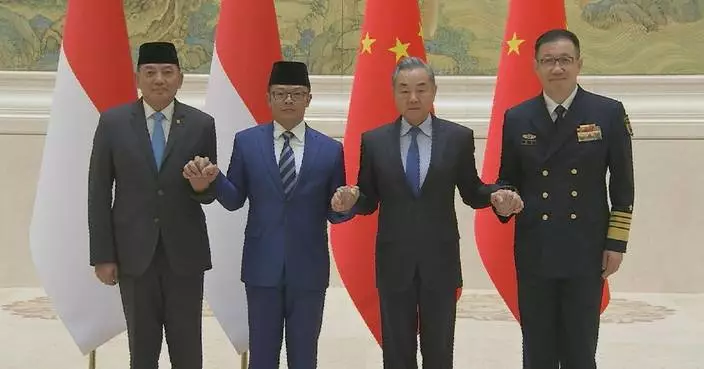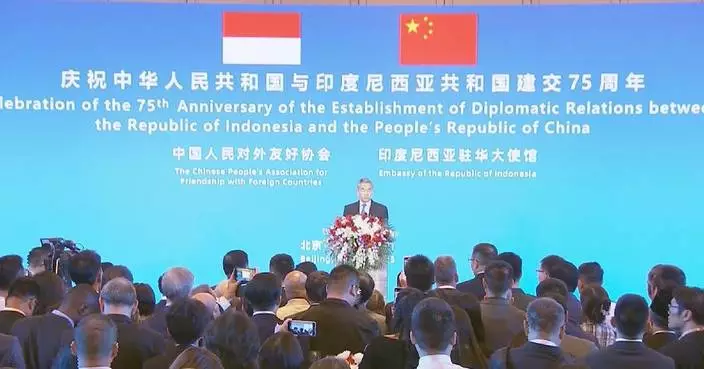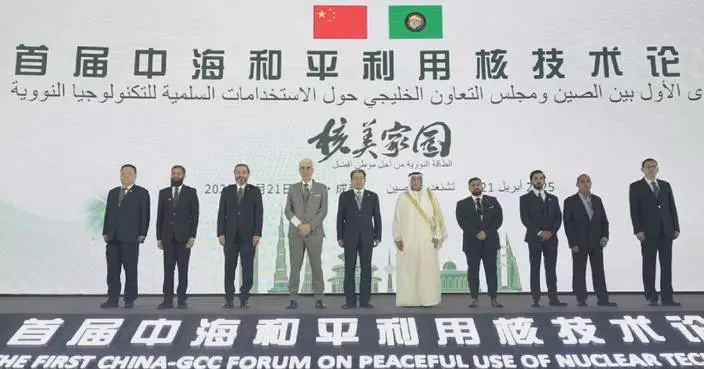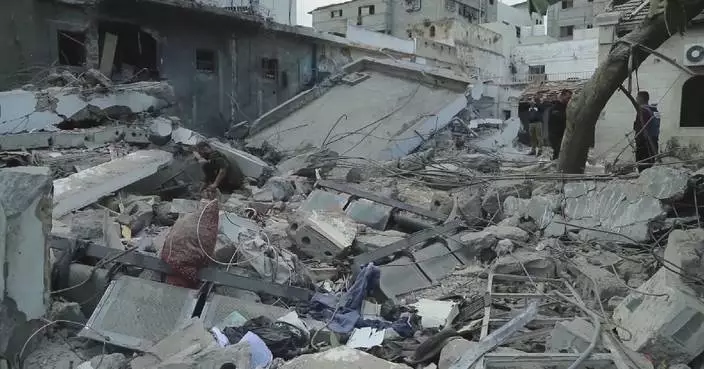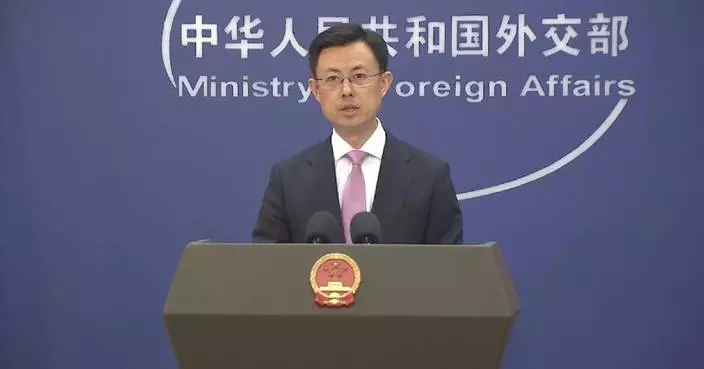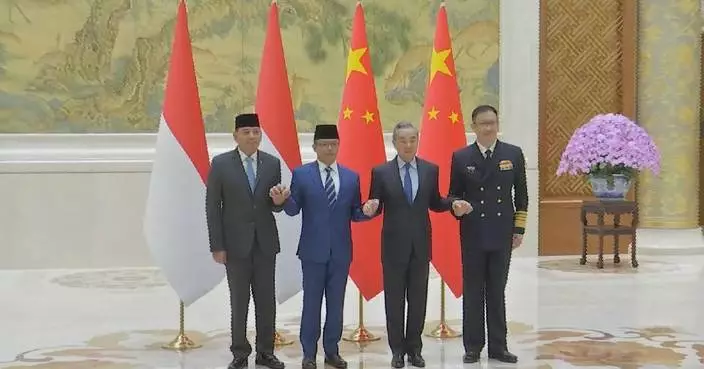Two years of Sudan's civil war have dealt a devastating blow to the country's economy, putting the financial system on the verge of collapse, leading to high inflation and soaring prices and leaving the Sudanese people to struggle for a living.
Fighting broke out in the capital of Khartoum on April 15, 2023, between the Sudanese Armed Forces (SAF) and the paramilitary Rapid Support Forces (RSF), and has spread to other areas across the country. The brutal fighting has killed at least 29,700 people and displaced nearly 13 million people.
The conflict has severely damaged Sudan's roads, electricity, water supply, education, and medical care, and almost paralyzed its industrial system.
Sudan's Ministry of Industry and Trade said that about 90 percent of the country's industrial facilities were damaged, and nearly 4,000 factories of various types in Khartoum and its surrounding areas were destroyed in the war.
The 2023 conflict also periled the country's banking sector. According to statistics from the Central Bank of Sudan, the country's financial assets have shrunk by about half during the conflict as hundreds of bank branches were robbed, and more than 70 percent of bank branches were forced to close.
The Sudanese government has launched a currency swap plan in the seven eastern states under its control since December last year, replacing old banknotes with new ones. However, new money cannot be exchanged in areas controlled by the RSF, resulting in a "dual currency system" in Sudan.
"The financial system in western Sudan is separated from other regions. This is a very dangerous phenomenon. It is a heavy blow to Sudan's economy. Because the western Darfur and Kordofan regions are rich in resources, they are indispensable to the national economy," said Asim Ismail, a Sudanese economist.
Fueled by an economic recession, export decline and capital exodus, Sudan's inflation rate has kept rising and its exchange rate has continued to depreciate. From 560 Sudanese pounds against 1 U.S. dollar before the conflict to 2,600 Sudanese pounds against 1 U.S. dollar today, the country's currency has registered a depreciation rate of more than 400 percent.
More than 65 percent of its people are living in poverty. Food prices have soared to 2 to 3 times the price before the outbreak of war, plunging Sudan into a serious hunger crisis. Nearly half of the country's population, or about 24.6 million people, are experiencing acute food insecurity.
"After the conflict broke out, the logistics system was almost paralyzed. Many roads were interrupted, making it very difficult to transport goods. This is an important reason for price hikes. I hope the conflict will end soon and the country will return to peace and stability," said Ismail Salam, a Khartoum resident.

Sudan's conflict pushes banking sector to brink of collapse



